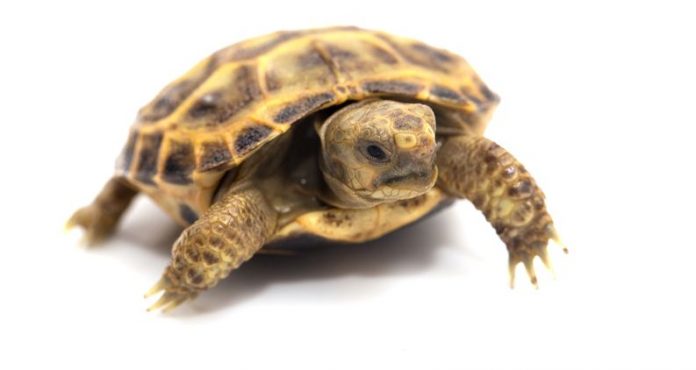Turtles and tortoises have long held the fascination of many individuals. Unfortunately this interest has lead to many turtles becoming targets of unscrupulous collectors that endanger the population and health of native turtles.
If you have a genuine interest in owning a turtle or tortoise as a pet there are things you should know about the situation turtles and tortoises face and how you can protect them from extinction and harm.
Is Owning A Turtle Or Tortoise Illegal?
No. Owning a turtle or tortoise is not illegal unless you obtained it illegally. Laws to restrict the selling of turtles and tortoises are two-fold.
Baby turtles once commonly sold as pets were identified as a health risk because of the Salmonella bacteria present.
Because of this the FDA (Food and Drug Administration) banned the selling of turtles with a shell less than 4 inches.
This obviously includes eggs and hatchlings of all species.
Many turtle species are endangered and most states have laws regarding the selling of turtles captured in the wild.
If you do own or purchase a turtle or tortoise you may have to obtain a permit. Not having the proper permits can be considered a crime.
Where Should I Go To Find A Turtle For A Pet?
Never buy a turtle from another country. Dealers are not always concerned with your situation at the airport where you will be held responsible for illegally importing a turtle from another country.
At times the turtles and tortoises available for sale in pet stores have been illegally captured in the wild.
These turtles have undergone extreme stress by being captured, held captive in small, crowded spaces with other turtles and often neglected, subsisting on meager food and unclean water.
These turtles who may have enjoyed decades of life in the wild may live no longer than two years in captivity due to the ill health caused by their capture and lack of care.
Individuals who buy from these commercial sellers are inadequately informed on the care and cost of owning a turtle.
Serious health problems arise, often undetected until beyond recovery or requiring expensive intervention.
Joining local or online groups that are interested in the proper care of turtles can put you in touch with hobbyists and placement agencies which find homes for captive turtles and hatchlings that are not covered by the law binding on commercial sales.
It will also put you in contact with individuals knowledgeable about the care required by your unique pet.

